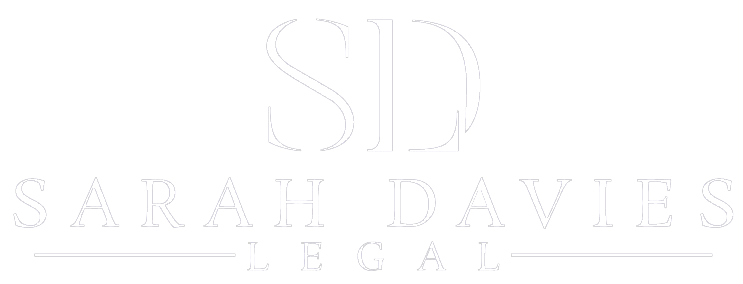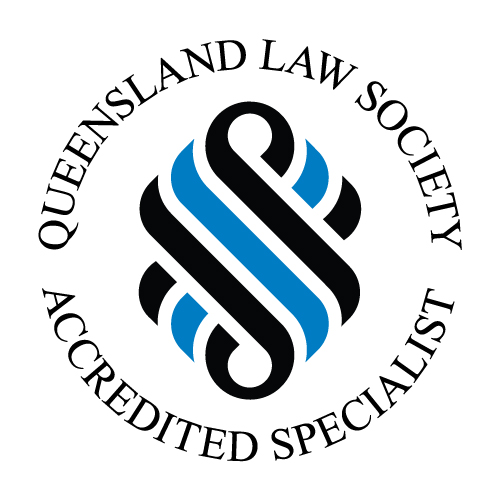Even with a robust system in place for managing the collection of debts, sometimes a business will have to deal with a situation where a trading partner or customer simply won’t pay. If that situation arises, you may need to decide whether or not it’s worthwhile trying to pursue the debt further.
If the trading partner or customer is insolvent, it’s unlikely it will be worthwhile to commit further resources to recovering the debt, and it will be preferable to wait for an external administrator (of a company) or the bankruptcy trustee (of an individual) to be appointed and then lodge a proof of debt.
Warning signs of potential solvency
ASIC Regulatory Guide 217 provides a table of indicators of potential insolvency which is a useful checklist for business owners. They are as follows:
- The business has a history of continuing trade losses.
- The business is experiencing cash flow difficulties.
- The business is experiencing difficulties selling its stock, or collecting debts owed to it.
- Creditors are not being paid on agreed trading terms and are either placing the company on cash-on-delivery terms, or requiring special payments on existing debts before they will supply further goods and services.
- The business is not paying its taxes or superannuation contributions when they’re due.
- Cheques are being returned dishonoured.
- Legal action is threatened or commenced against the business, or judgments are entered against it in relation to outstanding debts.
- The business has reached the limits of its funding facilities and is unable to obtain further finance to fund operations.
- The business is unable to procure accurate financial information on a timely basis that shows the business’s trading performance and financial position, or that can be used to prepare reliable financial forecasts.
- Key people have resigned, citing concerns about the financial position of the business.
- The auditor has qualified its audit opinion on the grounds there is uncertainty that the business can continue as a going concern.
- The business has defaulted on its agreements with its financiers.
- It’s not certain there are assets which can be sold in a relatively short period of time to provide funds to help meet debts owed, without affecting the ongoing ability of the business to continue to trade profitably.
- The business is holding back cheques for payment or issuing post-dated cheques.
Insolvency
Under the Corporations Act, a company is solvent if it’s able to pay all its debts as and when they become due and payable. A company which is not solvent is insolvent.
This means the test for solvency is essentially a cash flow test, rather than a balance sheet test. A company will not be considered solvent merely because its balance sheet indicates it will be able to pay all of its debts if it’s granted sufficient time by its creditors to realise its assets.
However, the state of a company’s balance sheet is not entirely irrelevant. Judges considering the question of insolvency have consistently said that commercial reality and common sense must prevail, and the company’s financial condition must be considered in its entirety. A short-term cash flow problem must be distinguished from an endemic shortage of working capital where liquidity can only be restored by a successful outcome of the business venture, in which the existing working capital has been deployed. Access to cash from assets that can be readily sold will be taken into account.
Please contact us if you have any questions in relation to collecting debts owing to your business. We can provide specialised legal advice in relation to debt recovery and insolvency issues.
Sarah Davies
Director
Sarah Davies Legal
Accredited Specialist – Commercial Litigation
This article is produced as general information in summary for clients and should not be relied upon as a substitute for detailed legal advice or as a basis for formulating business or other decisions. Formal legal advice should be sought in relation to particular matters. Sarah Davies Legal Pty Ltd asserts copyright over the contents of this document.




